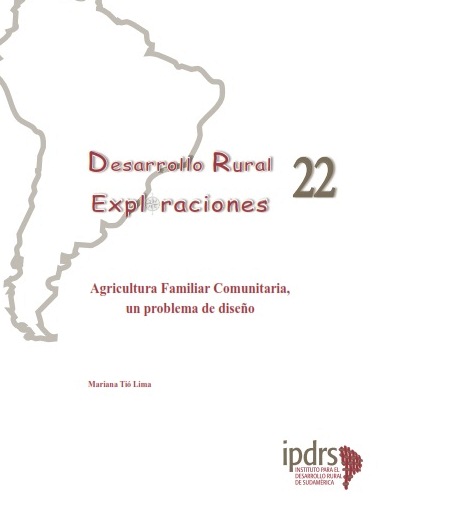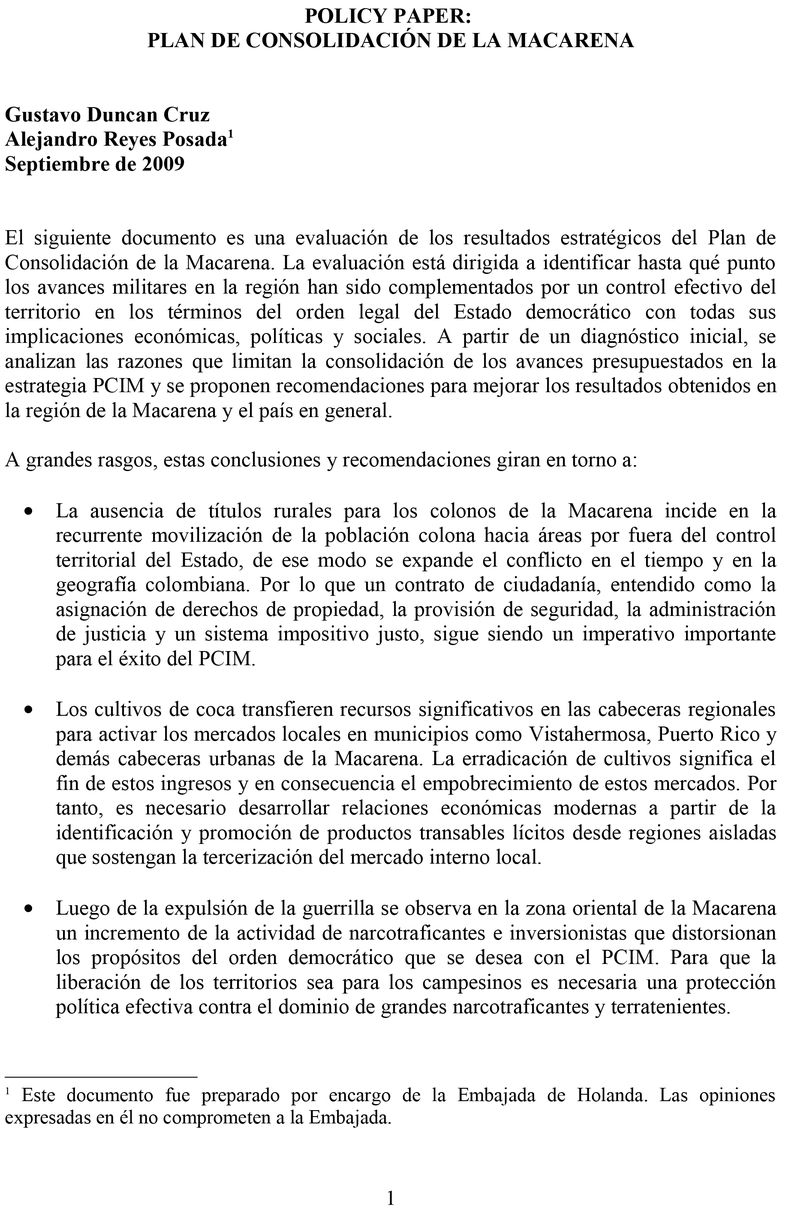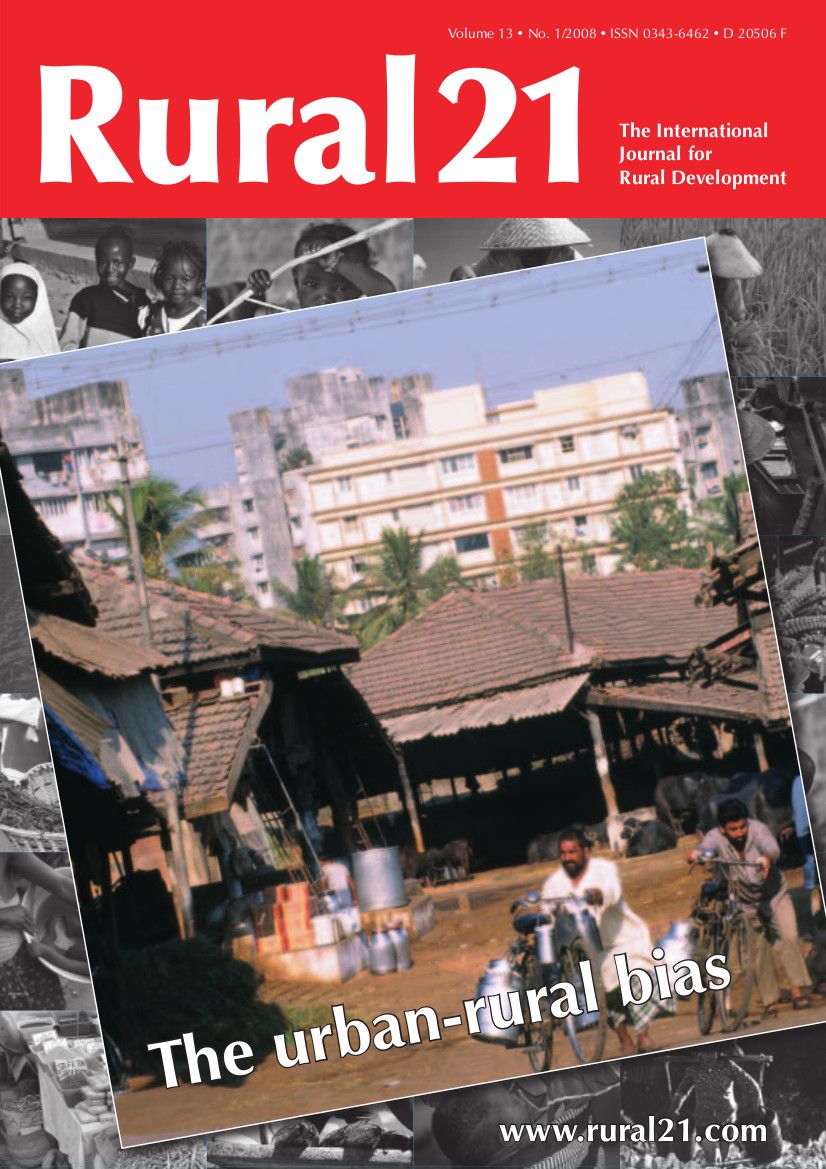Identidad y poder comunal en la defensa del territorio en la Comuna Tola Chica
Los comuneros de Tola Chica, en Ecuador, resisten varios intentos de quitarles su tierra, pero esta lucha no impide que continúen con procesos internos de cohesión en los que la fiesta anual juega un papel importante.








